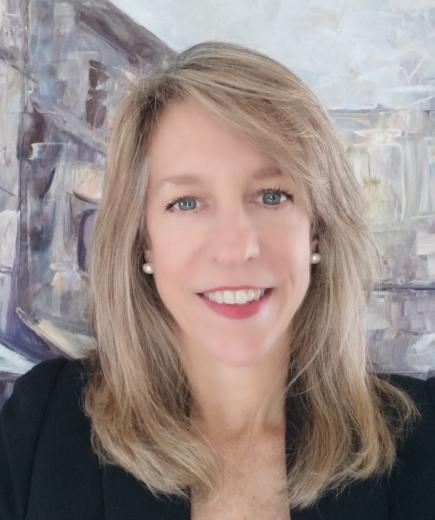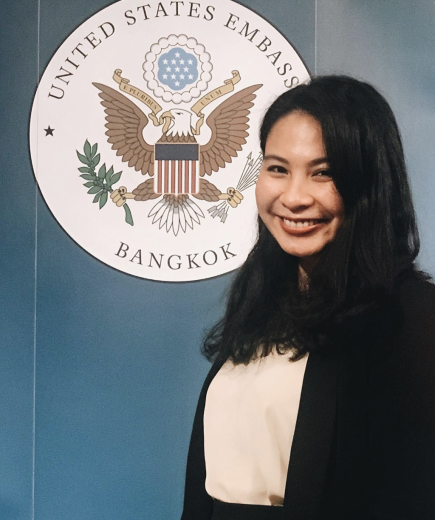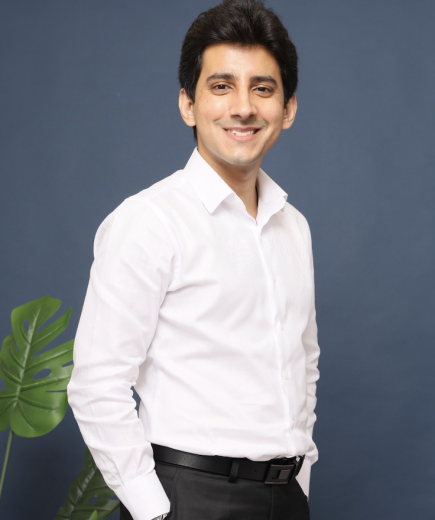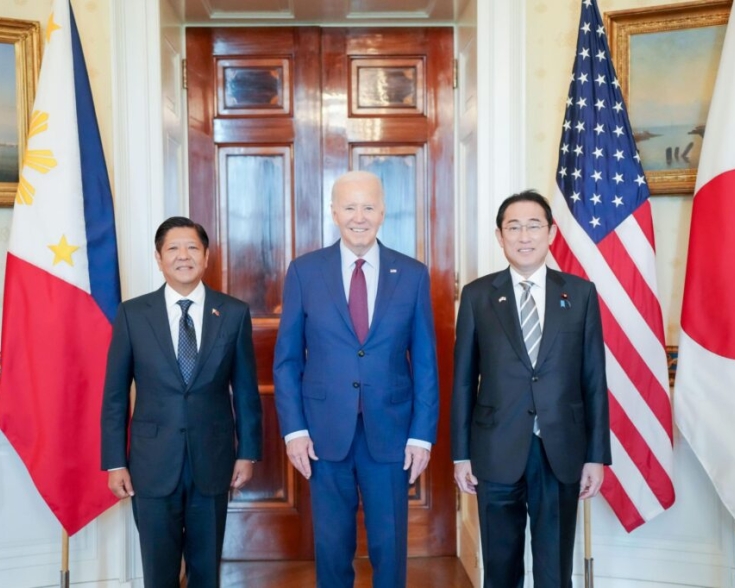AI-Powered Healthcare in Southeast Asia

Technological advancements in artificial intelligence (AI) are being robustly applied in healthcare services across Southeast Asia. In Malaysia, doctors reported the successful diagnosis and treatment of Malaysia's first lung cancer case identified through the use of AI. Lung Cancer Network Malaysia (LCNM) president Dr. Tho Lye Mun shared that the technology helped identify subtle changes that might have been easily missed. Dr. Mai Hồng Sơn from Vietnam’s Military Hospital 108 further underscored the importance and demand for AI in the healthcare sector, stating that it has helped doctors work faster with more accurate decisions and that healthcare is among the top four industries in which AI is being applied to in the country. In Singapore, Health Minister Ong Ye Kung shared plans to implement data-driven AI models in predictive preventive care by developing a medical system that can flag health risks to doctors leveraging AI. While noting the benefits of deploying AI into preventive care, he also expressed concerns for the system including susceptibility to cyberattacks, risks of driving people into hypochondriacs, and creation of a “buffet syndrome” in the healthcare sector.
On September 17, Veyond Metaverse successfully completed the world’s first AI-powered 5D XR surgery, marking a milestone in the healthcare sector. Bridging a distance of 13,600 kilometers, Prof. Dr. Thierry Flam provided remote guidance for the procedure from New York, U.S. while Prof. Dr. Aung Kyaw Tun carried out the surgery in Yangon, Myanmar. The AI-powered 5D XR technology helped process real-time patient data, access AI-powered insights, and integrate digital annotations for a seamless live surgical collaboration. Moreover, Medtronic recently opened its first Robotics Experience Studio in Southeast Asia, Singapore, highlighting its commitment to improving access to new Robotics and AI technologies in the healthcare system. Medtronic has also offered a series of upskilling opportunities to over 2,000 healthcare professionals across Asia with nearly 1,400 training sessions.











